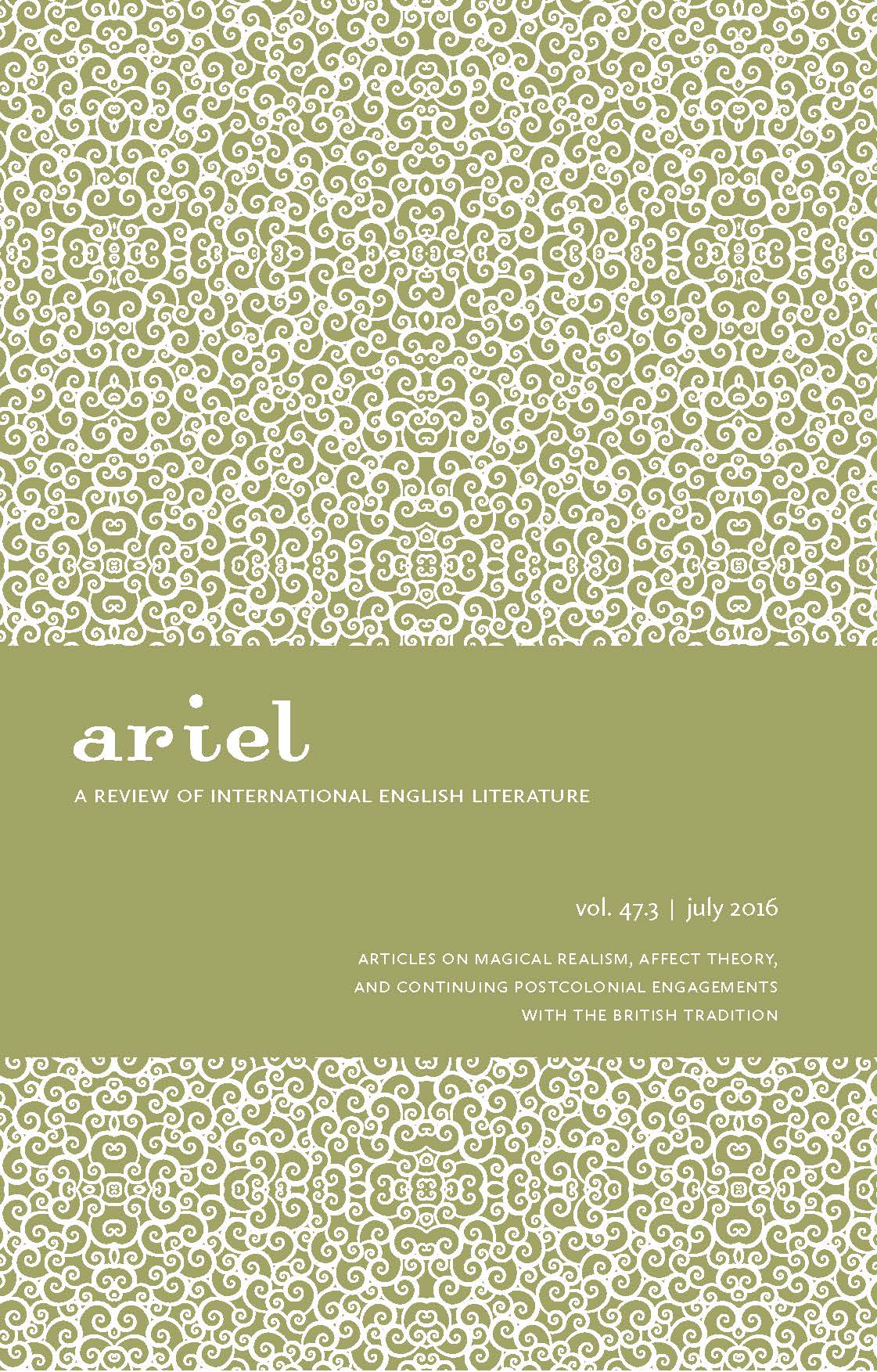Contested Memories: An Interview with Richard Ali
Keywords:
Biafra, Nigerian Civil War, contemporary Nigerian literature, Chimamanda Ngozi AdichieAbstract
The two most obvious themes in the expanding discourse of the third/contemporary Nigerian literature, especially fiction, are the negative corollaries of the long years of military dictatorships and the Civil War that happened in the country from 1967 to 1970. Although the physical strife, otherwise known as Biafra War, has ended since 1970, it is still being repeatedly waged and recounted through Nigeria's postcolonial literature so much so that there is no shortage of memories about how and/or why Biafra emerged and fell. In this interview, Richard Ali reviews the background to his maiden novel, City of Memories, and challenges the narratives that have so far portrayed the Muslim-dominated Northern Nigeria as the assailants of the Igbo ethnic group whose attempt to secede from the federation led to the clash in Biafra. While Ali protests against the collective conclusion of these narratives of victimhood, he suggests to critics and historians to look elsewhere for the causes of the bloodshed, including ethnic divides, corruption, mismanagement of power, poverty, and other problems that are plaguing post-independence Nigeria.


